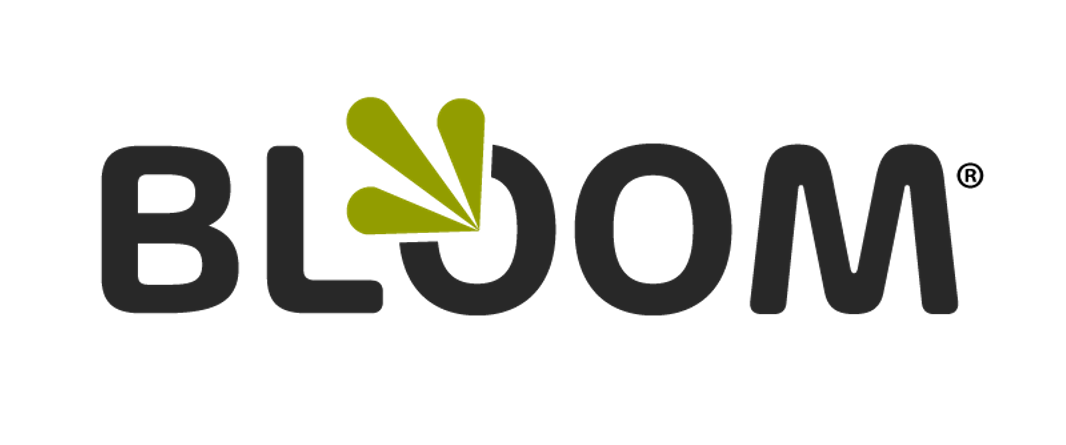Get (and Give) Insight with Employee Assessments
Where to begin? Assess more than one area as you work at strategic performance management.
When you plan assessments, be sure to address all three parts of the mind to get a more complete picture:
Affective: the feeling part of the mind
Conative: the striving part of the mind
Cognitive: the thinking part of the mind
All three parts intertwine to formulate how a person feels, acts, and thinks. Assessing only one or two leaves can result in knowledge gaps that may lead to misunderstandings or misinterpretations.
Knowing more about your current and prospective employees enables your managers and HR department to:
Better match people to teams. Too much inertia or polarization of talents and skills within any team will hinder its progress and stifle creativity and decision-making.
Recruit the best fit for a job. You know what you need for a specific position, and greater insight into a potential team member enables you to align the right person with that role. Many assessments are unbiased (e.g., with respect to gender, sex, and religion) and are appropriate for use in the selection process. For more information about Insight's Whole Mind Assessment.
Develop skills and optimize talents. When you understand how your individual employees operate, you can better develop their abilities and help them learn how to enhance their talents.
Raise awareness of issues that might otherwise be overlooked. Most of us are unaware of how our feelings about ourselves and the world impact others. Some people may think they know, but do not see how it continues to impact others. Assessments can help employees objectively see how the three parts of their mind interact and influence the workplace. Assessments also highlight areas for development and can open a door for dialogue about improvement strategies that help individuals communicate more effectively, listen more attentively, collaborate more effectively, be less defensive, and be more empathetic toward others who need improvement.
Interpreting assessments requires understanding and a strategic approach
When we work with clients who are addressing employee development, recruiting, team formation, or leadership development, we typically use 5-6 assessments. Results should never be used as an excuse for a person to do things a certain way, because assessments are intended to increase awareness and help learn how to modify affect and skills to work more collaboratively with others.
Without collaboration and effective and balanced communication in the work environment, it can be challenging to be an efficient and productive team. By equipping employees with self-awareness, you empower them to take ownership of their behavior and to become valuable contributors in your organization.
